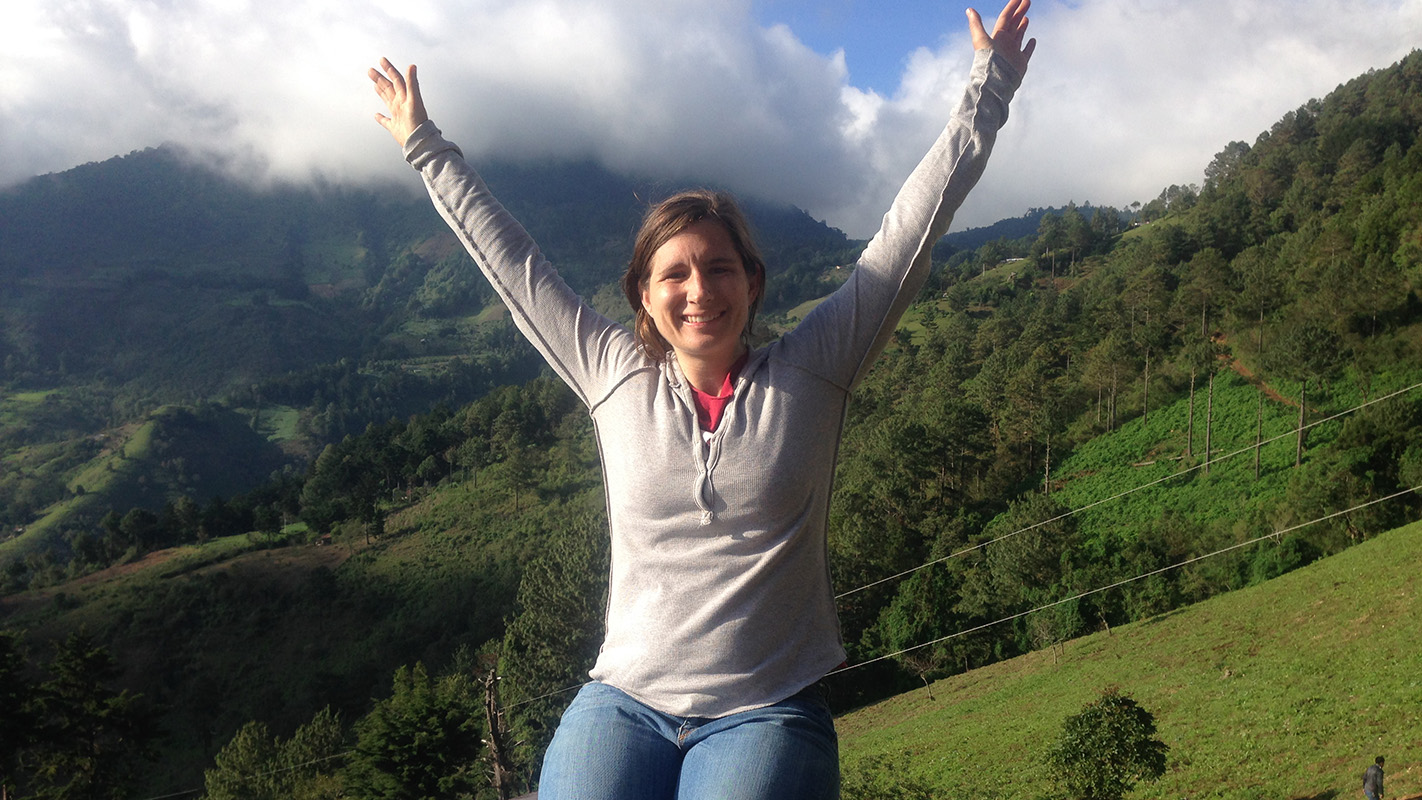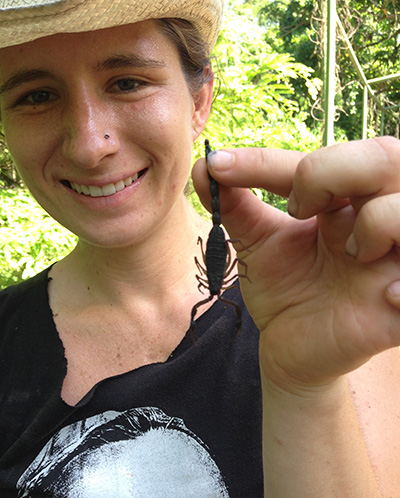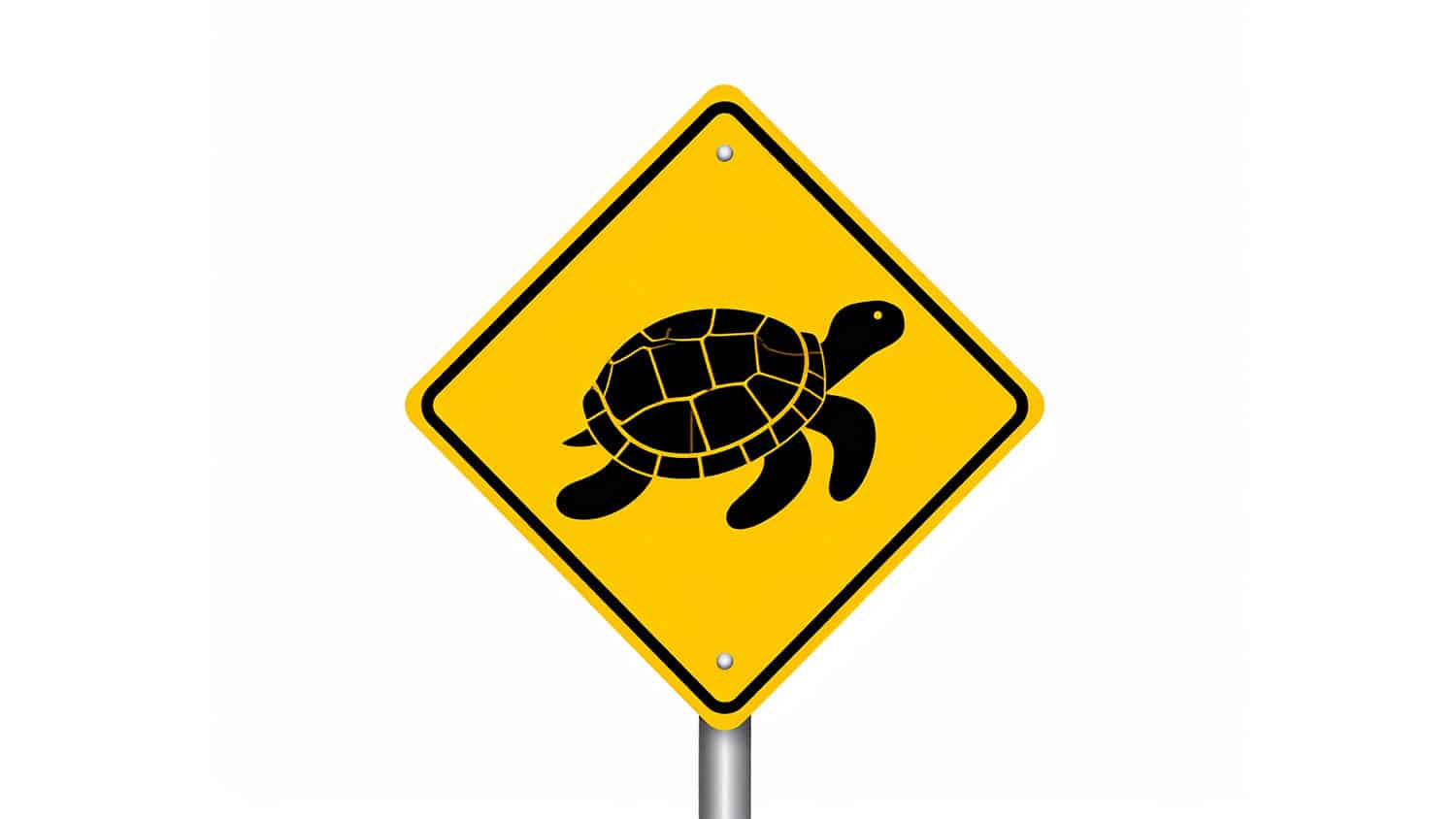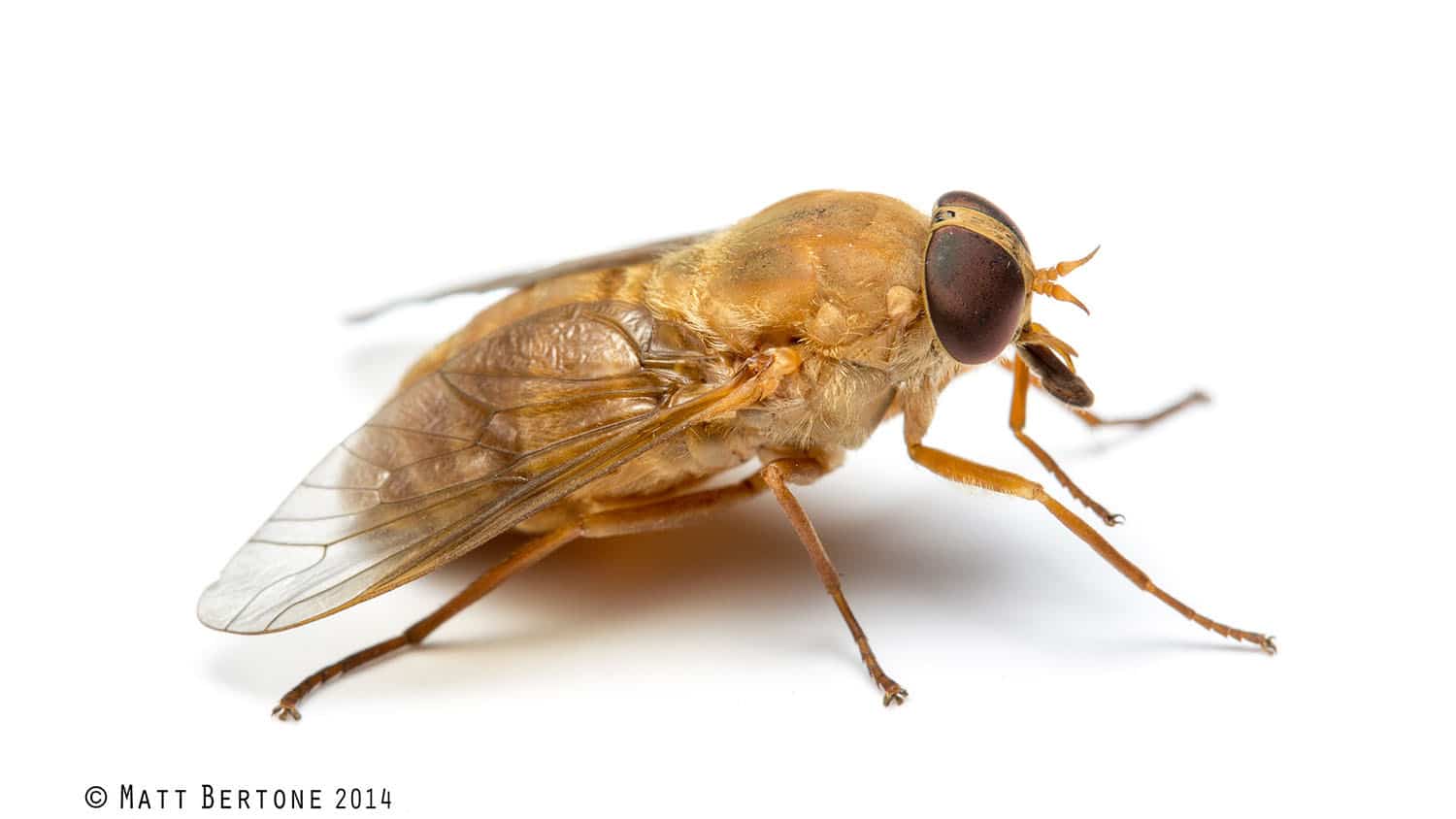This Is What Science Looks Like at NC State: Angel Cruz

Editor’s note: This post was written by Angel Cruz, a Ph.D. student in NC State’s Department of Crop Science. The post is an entry in an ongoing series that we hope will highlight the diversity of researchers in science, technology, engineering and mathematics. The series was inspired by the This Is What A Scientist Looks Like site.
Three months into a research stint in the jungles of El Salvador, all I wanted was to close my eyes and sleep, but the conversation with Don Natividad, my 70 year old, tree-climbing, fence-hopping host, was hammering me with questions about why I – a gringa with a college education – would want to study soil.
It was still early in the evening. We had just begun the after dinner conversation while relaxing in hammocks and sampling the local moonshine. I was completely exhausted. My day started at 3:30 a.m., after going to bed at midnight the night before. We worked all day at a soil management workshop then hiked to the river and ended up chasing our hosts’ escaped pigs through the village. Hence, I thought sleep was a well-deserved end to the day, but Don Natividad was eager to tell me about his soil problems and ask for my opinion.

At the time, I was in El Rucio, a remote village in the mountains of El Salvador. Yet, it was the people of El Rucio, one of the poorest and most isolated villages in the country that taught me to not only study soil, but love soil. I began to understand on a deeper level why the future of our civilization depends on the health of our soils.
In the United States, we talk about “feeding the world in 2050” using improved technology and efficient machines. How about feeding people today? Despite technological advances (including improved seeds, fertilizers, pesticides, and mechanization) that have doubled global food production in the last 50 years, hunger and malnutrition are still widespread in many countries. In fact, food insecurity has actually increased in rural areas in some countries like El Salvador over the last few decades.
So I ask, how is it possible that we have massively increasing yields at the same time that hunger and malnutrition are increasing in many rural areas? A part of the answer is that small farmers often do not have access to mineral fertilizers, herbicides and pesticides – and the high economic costs can be prohibitive. It is easy to marginalize the impact of these small farmers but in reality smallholder farms account for at least 50 percent of the agricultural output for domestic consumption in most countries.
In most areas, simple techniques, such as planting a bean to add more nitrogen to the soil will also decrease erosion and increase water retention, thus improving productivity of the soil at a low cost. One prime example is farmers in Honduras that have greatly increased yields and soil quality by simply planting Velvet bean after the corn harvest. After hearing about these success stories in Honduras and other countries, I was an instant convert. I began working with a Salvadoran University and several NGOs to both research and promote simple techniques in the communities to decrease erosion, improve soil quality and expand food production.
That is how I ended up sitting in a hammock in rural El Salvador, conversing with Don Natividad about how to take better care of our precious soil and utilize the manure from those escaped pigs as a fertilizer and soil builder. Earlier in the day, people had walked over two hours one way to participate in the soil management workshop we facilitated. Clearly, these villagers are interested in improving their soils. They understand that their life depends on healthy soil. Unfortunately, governments and funding agencies seem to still be unconvinced of the value of these simple tools.
However, I am convinced and hope to share with others the importance of improving the health of our soils. Therefore, I am continuing the work I started with Don Natividad in a more academic setting as part of my Ph.D. at NC State. I am still partnering with local NGOs and the same local university, but performing more rigorous documentation to support research. People need to be convinced that improving soil quality and conservation for small farmers can improve food production and thus food security for the entire country with a grassroots and cost effective strategy. After a few years of research and education, I hope that together we can convince people why they shouldn’t treat the soil like dirt.
- Categories:


